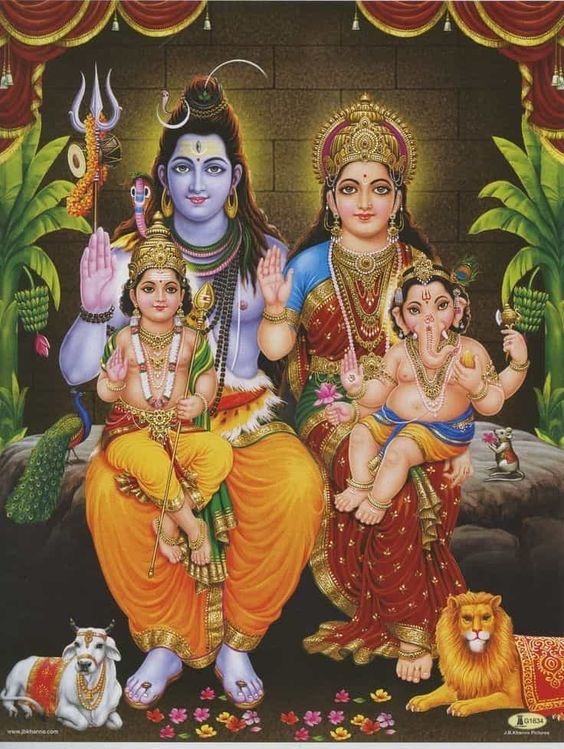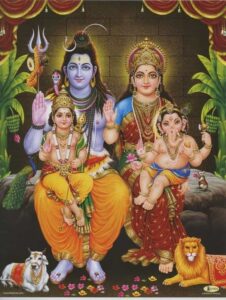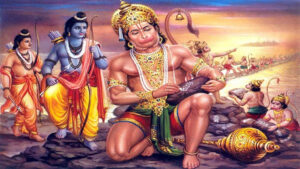What is Astrology? A Complete Guide to the Ancient Science of the Stars
Astrology is more than just daily horoscopes or zodiac signs. It is an ancient spiritual science that connects celestial movements to human experiences. Used across cultures for thousands of years, astrology offers a cosmic lens to understand personality, fate, and the unseen forces shaping our lives.
In this comprehensive guide, we’ll explore what astrology is, how it works, its origins, key elements like birth charts and planets, and how it continues to influence lives today. Whether you’re a beginner or someone seeking deeper insight, this article will help you understand the powerful system known as astrology.
What Is Astrology?
Astrology is the study of the positions and movements of celestial bodies—such as the sun, moon, planets, and stars—and how they influence human behavior, emotions, and life events.
At its core, astrology is based on the belief that the cosmos and human life are interconnected. By analyzing planetary alignments at the time of your birth, astrologers can interpret personality traits, relationship dynamics, career paths, and even major life events.
Unlike astronomy (a physical science), astrology is a metaphysical system used for introspection, guidance, and spiritual alignment.
History of Astrology: A Journey Through Time
Astrology has ancient roots. Its origins date back more than 4,000 years, with early systems developed in Babylon, Egypt, India, Greece, and China.
- Babylonian Astrology (c. 2000 BCE): The earliest form of Western astrology began in Mesopotamia. Priests studied the stars to predict seasonal changes and divine messages from the gods.
- Vedic Astrology (Jyotish Shastra): Developed in ancient India and documented in the Vedas, it remains one of the most practiced systems in the world today.
- Greek Astrology (c. 4th century BCE): Influenced by Babylonian practices, Greek philosophers like Ptolemy created systematic astrological models, including the twelve zodiac signs.
- Chinese Astrology: Based on lunar cycles, the Chinese system uses 12 animal signs and five elements to determine destiny.
Today, astrology blends ancient wisdom with modern interpretations, offering powerful insights into human nature.
The Core Components of Astrology
To truly understand astrology, it’s important to grasp its foundational elements:
1. The Zodiac Signs
The zodiac is a belt in the sky divided into 12 signs, each occupying 30 degrees of the 360-degree ecliptic. Your Sun sign is the zodiac sign where the sun was at the time of your birth.
Here are the 12 zodiac signs with their general traits:
- Aries (March 21 – April 19): Bold, passionate, and competitive
- Taurus (April 20 – May 20): Reliable, sensual, and grounded
- Gemini (May 21 – June 20): Curious, social, and witty
- Cancer (June 21 – July 22): Emotional, nurturing, and intuitive
- Leo (July 23 – August 22): Charismatic, proud, and creative
- Virgo (August 23 – September 22): Analytical, modest, and practical
- Libra (September 23 – October 22): Balanced, charming, and diplomatic
- Scorpio (October 23 – November 21): Intense, mysterious, and loyal
- Sagittarius (November 22 – December 21): Adventurous, honest, and optimistic
- Capricorn (December 22 – January 19): Ambitious, disciplined, and wise
- Aquarius (January 20 – February 18): Innovative, eccentric, and visionary
- Pisces (February 19 – March 20): Empathetic, dreamy, and spiritual
Each zodiac sign is ruled by a planet and linked to an element (fire, earth, air, water) and modality (cardinal, fixed, mutable).
2. Planets and Their Influence
In astrology, planets represent energies or archetypes. Each one governs specific aspects of life:
- Sun: Identity, ego, life purpose
- Moon: Emotions, instincts, inner world
- Mercury: Communication, thinking, logic
- Venus: Love, beauty, relationships
- Mars: Action, passion, desire
- Jupiter: Growth, luck, wisdom
- Saturn: Discipline, responsibility, structure
- Uranus: Innovation, change, rebellion
- Neptune: Dreams, spirituality, illusions
- Pluto: Transformation, power, rebirth
These planets move through the zodiac signs and houses, influencing different areas of your life.
3. Astrological Houses
The sky at the moment of your birth is divided into 12 houses, each representing a specific domain of life:
- Self & personality
- Money & possessions
- Communication & learning
- Home & family
- Creativity & romance
- Health & service
- Partnerships & marriage
- Transformation & shared resources
- Philosophy & long-distance travel
- Career & public image
- Friendships & aspirations
- Secrets & spirituality
Planets in these houses show where in life their energies are most active.
4. Birth Chart (Natal Chart)
Your birth chart is a cosmic snapshot of the sky at the exact time and place you were born. It maps out:
- Planetary positions
- Zodiac signs
- Astrological houses
- Aspects (angles between planets)
This chart is your unique astrological blueprint and forms the basis of all personalized astrology readings.
Types of Astrology
Several branches of astrology serve different purposes:
● Vedic Astrology (Jyotish)
Originating from ancient India, Vedic astrology uses the sidereal zodiac and focuses on karma, dharma (life purpose), and moksha (liberation). It includes powerful tools like Dashas (planetary periods) and Nakshatras (lunar mansions).
● Western Astrology
Popular in the West, it uses the tropical zodiac and emphasizes psychological traits, self-growth, and forecasting through transits, progressions, and solar returns.
● Chinese Astrology
Based on a 12-year lunar cycle, each year is ruled by an animal sign. Combined with five elements (wood, fire, earth, metal, water), it predicts compatibility and fortune.
● Horary Astrology
Answers specific questions based on the time a query is asked.
● Electional Astrology
Used to choose the best timing for events like marriage, business launches, or travel.
How Does Astrology Work?
Astrology operates on the principle of “as above, so below.” The sky reflects patterns that correspond to life on Earth. These patterns don’t cause events directly, but act as symbolic mirrors.
Think of astrology as a spiritual GPS—it doesn’t control your destiny but helps you understand your path, timing, and potential.
Why Is Astrology Still Relevant?
Despite scientific skepticism, astrology continues to thrive because it offers:
- Self-awareness: Understand your personality, strengths, and challenges
- Clarity in decisions: Career, relationships, and health choices
- Timing: Identify auspicious times to act or reflect
- Healing and growth: Uncover karmic patterns and emotional blocks
- Spiritual connection: Align with the universe’s rhythm and your higher self
In an uncertain world, astrology provides comfort, meaning, and direction.
Myths and Misconceptions About Astrology
Let’s clear up a few common myths:
- “Astrology is the same as astronomy.”
Astronomy is the scientific study of space; astrology is symbolic and spiritual. - “Only the sun sign matters.”
Your full birth chart (including moon, rising, and other planets) gives a much deeper and accurate picture. - “Astrology predicts fixed fate.”
Astrology highlights tendencies and timing—it doesn’t remove your free will.
Is Astrology Scientific?
Astrology is a spiritual and metaphysical tool, not a hard science. While it doesn’t follow the empirical methods of science, its value lies in symbolism, archetypes, and synchronicity.
Many psychologists, including Carl Jung, recognized astrology’s power in revealing the subconscious and aiding personal transformation.
Final Thoughts: The Power of Astrology
Astrology is a timeless guide to inner wisdom and cosmic alignment. It invites you to explore your purpose, understand your emotions, heal past wounds, and grow spiritually.
Whether you’re exploring your birth chart, tracking planetary transits, or simply curious about zodiac traits, astrology offers a deeper connection to the universe and yourself.
Frequently Asked Questions (FAQs)
1. Is astrology real?
Astrology is real as a spiritual and symbolic system. Its effectiveness depends on how it’s interpreted and used.
2. What’s the difference between Vedic and Western astrology?
Vedic astrology uses the sidereal zodiac and focuses on karma and fate, while Western astrology uses the tropical zodiac and emphasizes psychological insight.
3. Can astrology predict the future?
Astrology highlights trends and favorable/unfavorable periods. It doesn’t give exact predictions but helps in making informed choices.
4. How do I find my birth chart?
You need your date, time, and place of birth. Online astrology tools or professional astrologers can generate your natal chart.
5. Is astrology connected to religion?
No, astrology is spiritual but not tied to any single religion. It is used across various cultures and belief systems.







